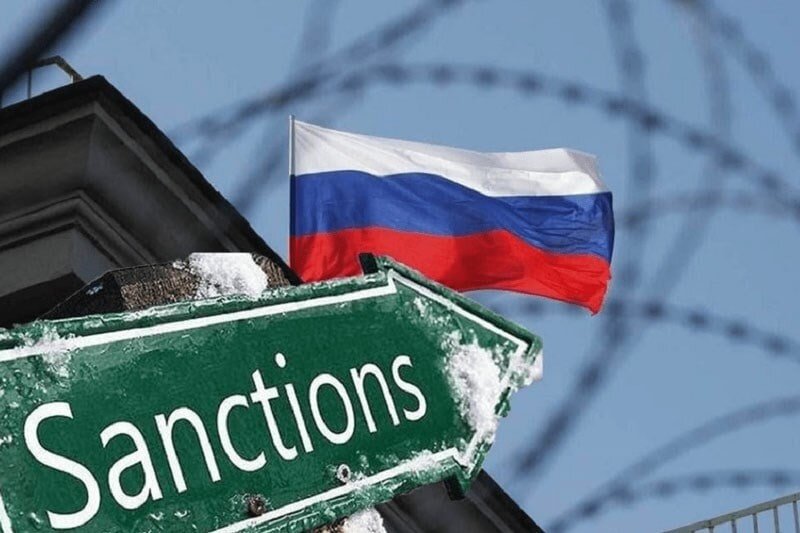INSUBCONTINENT EXCLUSIVE:
With the exception of Hungary, energy ministers from the 27 European Union member states have backed a 15 percent reduction in gas usage
this week amid fears of supply cuts from Russia.The reduction has been labeled as voluntary but is said to be compulsory if there is a
complete supply cut of Russian gas in what is looking like a tough winter ahead on the continent.Josep Borrell, the EU's foreign policy
chief admitted that the EU remains dependent on energy supplies from Moscow, but claims that would change in the coming months
reduction came in the form of sanctions against Russian energy but critics argue there are other measures NATO and the EU can take in their
diplomatically was the American-led Western publicly stated policy to ending the conflict
The United States has spearheaded the imposition of punitive measures against Russia and Russians
broken down on its resolve to isolate Russia
On Friday, July 29, there was a phone call between United States Secretary of State Antony Blinken and Russian Foreign Minister Sergey
Experts say this is despite the fact that most Europeans are so much aware of the exact facts that led to the crisis in Ukraine
conditioning systems have been instructed to shut their doors or face a 750 euro fine
Public properties have been told to set their thermostats higher in the summer and lower in the winter
The public are also expected to switch off wifi routers and televisions when they are away and turn off the lights in rooms they are not
using.Cities across Germany are switching off the spotlights on public monuments, turning off fountains, and imposing cold showers in
municipal sports halls, as the country races to reduce its energy consumption in the face of an energy crisis
On Wednesday, Hanover became the first major city to announce energy rationing measures
Municipal buildings in the Lower Saxony state capital will only be heated from 1 October-31 March, at no more than 20 degrees celsius room
temperature while the usage of mobile air-conditioning units and fan heaters have been banned.Elsewhere, Greece is highly dependent on
Russian gas, with 40 percent of its supplies coming from the country
Measures include air conditioners is set at no less than 27 degrees Celsius in the summer and window shields being installed in public
heating and cooling systems in buildings.Authorities in Ireland have urged people to reduce their speed in order to cut the use of petrol
and to consume less energy at home
The Sustainable Energy Authority of Ireland has called on households to turn the thermostat down to 20 degree celsius in living areas, and
15 to 18 degrees in hallways and bedrooms
It also advises people to adjust their dishwasher and washing machine usage
The utility Electric Ireland has additional tips
Neither plan has been introduced yet, but since May public buildings, excluding hospitals, have been told to prevent air-conditioning units
from running below 19 degrees celsius in summer and above 27 degrees Celsius in winter.Spain, unlike many other EU countries, has also
agreed to a 7-8 percent reduction in gas use is not dependent on Russian energy supplies
has blamed the measures for increasing prices for Hungarian drivers and households
transition, Teresa Ribera, did not question the necessity for the EU to act and take measures in solidarity with other EU members but said
the European economy that is at stake
Both the United States and the United Kingdom are facing record inflation levels and a rising cost of living crisis with the former
were already suffering before fighting broke out in Ukraine but have been exacerbated by the crisis in Eastern Europe which analysts blame
the United States -led NATO military alliance for instigating.

